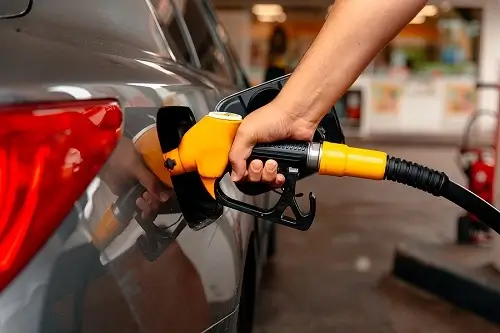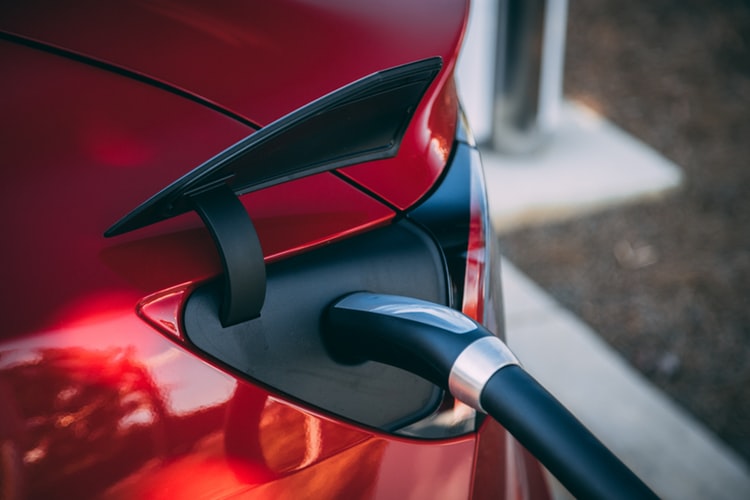Fuel Efficiency Maximization Guide Here In the rapidly evolving realm of modern transportation, the pursuit of Fuel Efficiency is no longer just about saving a few dollars at the gas station. It has transformed into a conscious choice with far-reaching implications for our environment and financial well-being. To embark on a journey towards enhanced fuel efficiency, one must master a variety of Fuel Efficiency Maximization Guide Here that go beyond the ordinary, unlocking ways to Fuel Efficiency Maximization Guide Here and Fuel Efficiency Maximization Guide Here. Whether you’re a daily commuter or an environmentally conscious driver, this comprehensive guide is your roadmap to achieving optimal fuel efficiency.
The Essence of Fuel Efficiency
Before we delve into the intricacies of fuel efficiency, it’s crucial to grasp the significance of this pursuit. Fuel efficiency is not solely about economic savings; it encompasses a wide spectrum of effects:
- Economic Benefits: Enhanced fuel efficiency translates to reduced fuel expenses, leading to substantial financial savings over time.
- Environmental Responsibility: Improved fuel efficiency results in reduced greenhouse gas emissions, contributing to the preservation of our planet.
- Vehicle Longevity: A well-maintained, fuel-efficient vehicle often enjoys a longer lifespan and requires fewer costly repairs.
- Reduced Dependency on Fossil Fuels: Fuel efficiency plays a critical role in reducing our collective reliance on finite fossil fuels, a fundamental aspect of the global energy landscape.
Engine Optimization: The Heart of Fuel Efficiency
At the core of fuel efficiency lies your vehicle’s engine, a sophisticated mechanical masterpiece responsible for converting fuel into motion. Optimizing your engine’s performance is the foundation for unlocking ways to Maximize Fuel Efficiency. Here’s how to do it:
- Regular Maintenance: A well-maintained engine operates with precision and efficiency. Adhere to a consistent schedule for oil changes, air filter replacements, and spark plug inspections.
- Proper Tire Inflation: Underinflated tires create unnecessary rolling resistance, forcing your engine to work harder and consume more fuel. Maintain your tires at the recommended pressure to reduce this resistance.
- Choosing the Right Engine Oil: Opt for engine oil with a low viscosity rating to minimize friction within the engine, leading to improved fuel economy.
- Fuel System Maintenance: Ensure your fuel system is free from clogs or deposits, enhancing combustion efficiency and fuel consumption.
Mastering the Art of Mindful Driving
Fuel efficiency isn’t solely determined by engine optimization; it’s also significantly influenced by your driving habits. Mindful driving techniques are essential for achieving improved fuel efficiency. Here are key strategies to adopt:
- Smooth Acceleration and Braking: Aggressive driving behaviors, such as rapid acceleration and hard braking, can lead to fuel inefficiency. Gradual speed changes and gentle braking are more fuel-efficient.
- Consistent Speed Maintenance: On highways, employ cruise control when appropriate to maintain a consistent speed. This minimizes unnecessary acceleration and deceleration.
- Reducing Idling: Unnecessary idling consumes fuel needlessly. Turn off your engine when waiting for extended periods, whether parked or at a drive-thru.
- Limiting Air Conditioning Use: Air conditioning places an extra burden on your engine. Use it judiciously and choose natural ventilation whenever possible.
The Significance of Vehicle Maintenance
Regular vehicle maintenance ensures that all components work in harmony to maximize fuel efficiency. These practices provide a foundation for achieving improved fuel efficiency:
- Streamlined Vehicle Design: Extra accessories like roof racks and cargo carriers contribute to increased air resistance, reducing fuel efficiency. Remove them when not in use to streamline your vehicle’s design.
- Lightening the Load: Carrying excess weight in your vehicle consumes more fuel. Remove any unnecessary cargo to lighten the load and improve fuel economy.
- Aerodynamic Modifications: Enhancements such as wind deflectors or rear spoilers can reduce air resistance and improve fuel efficiency.
- Proper Wheel Alignment: Wheel misalignment can result in increased tire wear and reduced fuel efficiency. Regular alignment checks can rectify this issue.
Harnessing Technology for Fuel Efficiency
In the age of technology, modern innovations offer a range of tools and devices to further enhance fuel efficiency. These technological advancements are significant contributors to achieving improved fuel efficiency:
- Fuel Additives: Some fuel additives can clean your engine and fuel system, enhancing combustion efficiency and reducing emissions.
- Performance Chips: Performance chips optimize your vehicle’s engine settings, resulting in improved fuel efficiency and increased power.
- Aerodynamic Accessories: Investing in aerodynamic accessories like grille blockers or side mirror covers reduces air resistance and improves fuel economy.
- Fuel-Efficient Tires: Opt for low-rolling-resistance tires, which reduce the energy required to keep your vehicle moving.
Dispelling Fuel Efficiency Myths
In our journey towards improved fuel efficiency, it is essential to dispel common misconceptions that may lead us astray. Here are some myths that require debunking:
- Myth 1: Premium Fuel Always Enhances Efficiency: Premium fuel is not necessarily more fuel-efficient. Use the type of fuel recommended for your vehicle in the owner’s manual.
- Myth 2: Overinflating Tires Increases Efficiency: While maintaining proper tire pressure is essential, overinflating tires can reduce traction and lead to uneven wear.
- Myth 3: Running the Air Conditioning Is Always Inefficient: In some situations, using the air conditioning can be more fuel-efficient than driving with open windows, particularly at higher speeds.
- Myth 4: Fuel Efficiency Improves with Manual Transmission: Modern automatic transmissions often match or surpass the efficiency of manual transmissions. The difference is often negligible.
Upshot : Fuel Efficiency Maximization Guide Here
The pursuit of improved fuel efficiency is not just about personal savings; it’s a conscious choice that contributes to a more sustainable future. By adopting these strategies for Fuel Efficiency, you’re not only saving money but also making a positive impact on the environment.
Each vehicle possesses its unique characteristics, and experimentation is key to finding what works best for you. With a commitment to mindful driving, vehicle maintenance, and technology-supported enhancements, you can significantly boost your fuel economy. In the end, these strategies are about achieving Fuel Efficiency Maximization Guide Here and making a difference, one efficient journey at a time.






